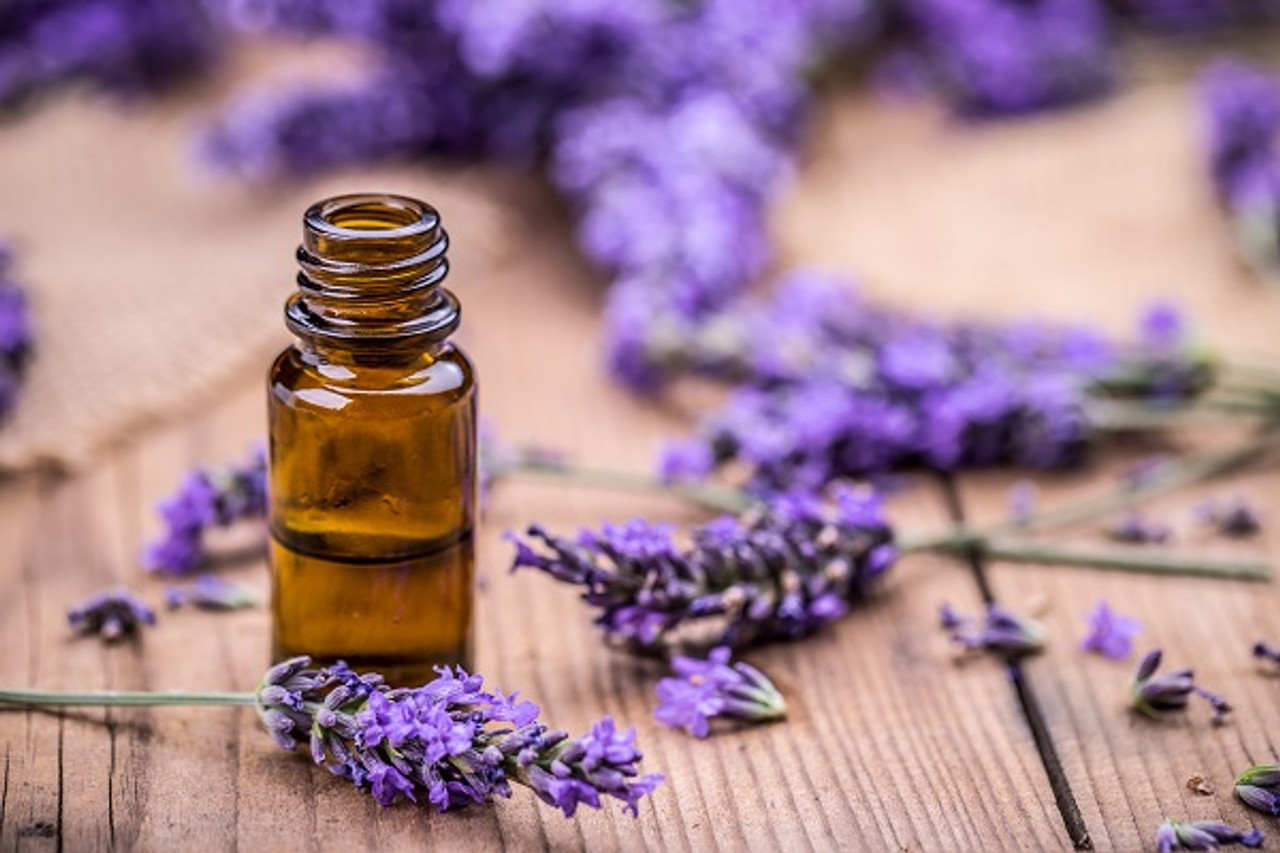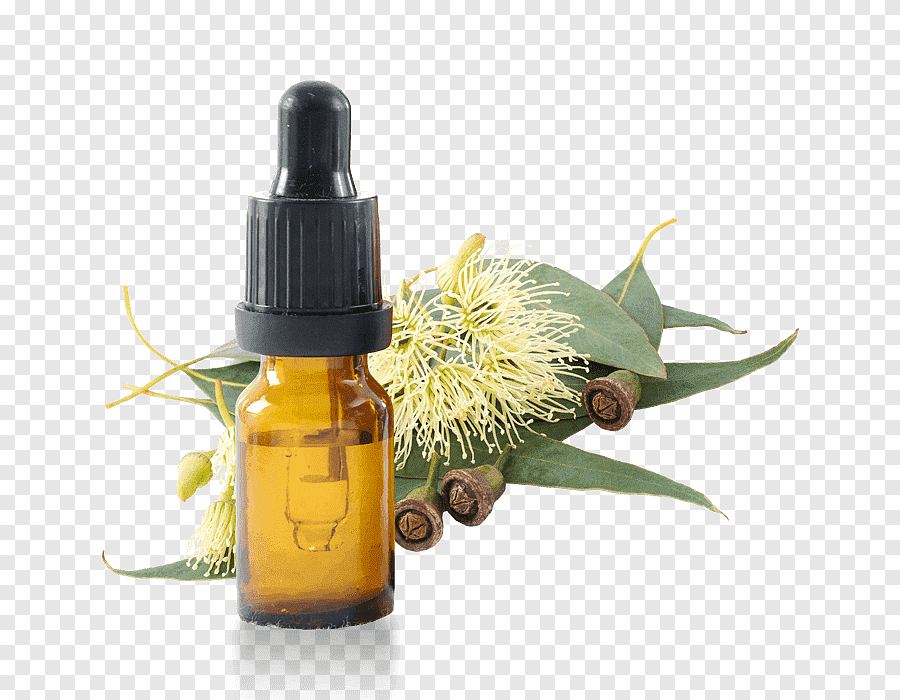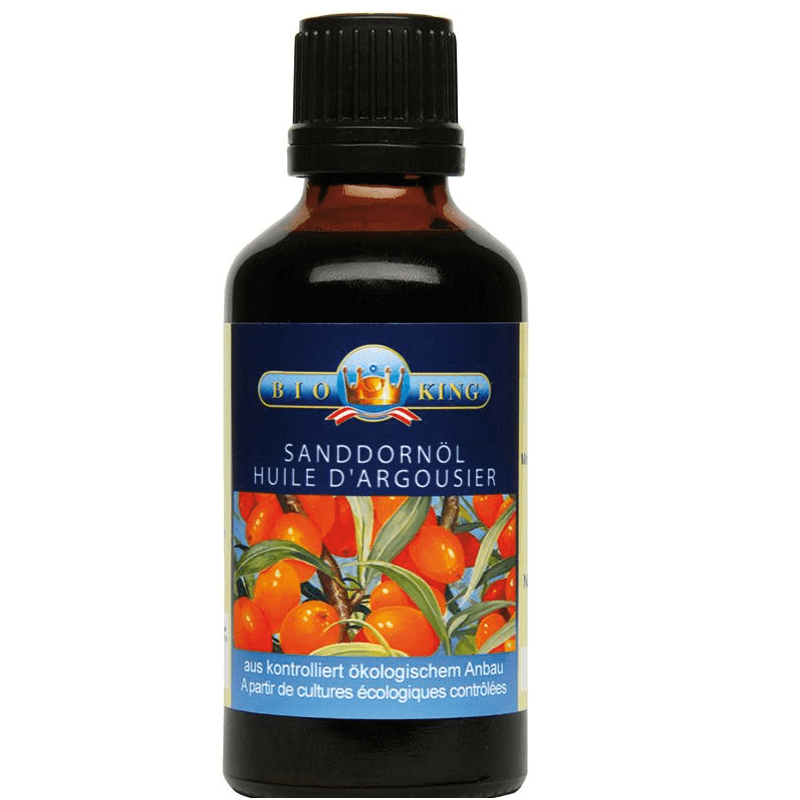Seabuckthorn oil, derived from the berries of the seabuckthorn plant (Hippophae rhamnoides), is a potent and versatile natural oil cherished for its exceptional skincare benefits. Extracted through a meticulous process, this golden-hued oil is renowned for its rich concentration of vitamins, antioxidants, and omega fatty acids, making it a nourishing elixir for the skin.
Packed with vitamins A, C, and E, seabuckthorn oil provides powerful antioxidant protection against free radicals, environmental stressors, and premature aging. These antioxidants help to neutralize oxidative damage, promoting a youthful and radiant complexion while supporting skin repair and rejuvenation.
The abundance of omega fatty acids, including omega-3, -6, -7, and -9, in seabuckthorn oil deeply moisturizes and hydrates the skin, helping to maintain its natural moisture barrier and prevent moisture loss. This results in soft, supple, and hydrated skin that feels nourished and revitalized.
-
Facial Moisturizer: After cleansing and toning your skin, apply a few drops of seabuckthorn oil directly to your face and neck. Gently massage the oil into your skin using upward, circular motions until it is fully absorbed. Seabuckthorn oil can be used as a standalone facial moisturizer for its hydrating and nourishing properties.
-
Serum Booster: Mix a few drops of seabuckthorn oil with your favorite serum to enhance its effectiveness. Simply add the oil to your serum in the palm of your hand, mix well, and apply the mixture to your face and neck. This can help boost the antioxidant content of your serum and provide additional hydration.
-
Spot Treatment: Seabuckthorn oil can be used as a spot treatment for dry patches, acne, or areas of inflammation. Apply a small amount of oil directly to the affected area and gently massage it in. Allow the oil to absorb fully before applying any other skincare products.
-
Skincare: Seabuckthorn oil is rich in vitamins, antioxidants, and fatty acids, making it a popular ingredient in skincare products. Its antioxidant properties help protect the skin from free radical damage, reducing signs of aging such as wrinkles, fine lines, and age spots. The oil's moisturizing properties also help hydrate and nourish the skin, leaving it soft, supple, and glowing.
-
Wound Healing: Seabuckthorn oil has been used traditionally for wound healing due to its anti-inflammatory and antimicrobial properties. It may help promote faster healing of cuts, scrapes, and minor burns when applied topically to the affected area.
-
Anti-inflammatory: The anti-inflammatory properties of seabuckthorn oil make it beneficial for soothing and calming irritated or inflamed skin conditions such as eczema, psoriasis, and dermatitis. It can help reduce redness, itching, and inflammation associated with these condition
-
Skin Irritation: In rare cases, seabuckthorn oil may cause skin irritation or allergic reactions, especially in individuals with sensitive skin or allergies to plants in the Elaeagnaceae family, to which seabuckthorn belongs. Perform a patch test before using seabuckthorn oil extensively, and discontinue use if you experience any itching, redness, swelling, or other signs of irritation.
-
Photosensitivity: Seabuckthorn oil contains compounds that may increase the skin's sensitivity to sunlight, potentially leading to sunburn or skin irritation when exposed to UV radiation. Avoid prolonged sun exposure or use sunscreen when using seabuckthorn oil topically, especially on sun-exposed areas of the skin.
-
Gastrointestinal Distress: Consuming large amounts of seabuckthorn oil orally may cause gastrointestinal discomfort such as stomach upset, diarrhea, or nausea in some individuals. Start with small doses and gradually increase intake to assess tolerance.
-
Patch Test: Before using seabuckthorn oil extensively on your skin, perform a patch test on a small area to check for any adverse reactions or sensitivity. Apply a small amount of diluted seabuckthorn oil to the inside of your wrist or elbow and wait 24 hours to see if any irritation or allergic reaction occurs.
-
Photosensitivity: Seabuckthorn oil may increase skin sensitivity to sunlight, potentially leading to sunburn or skin irritation. Avoid prolonged sun exposure or use protective clothing and sunscreen when using seabuckthorn oil topically, especially on sun-exposed areas of the skin.
-
Allergies: Individuals with allergies to plants in the Elaeagnaceae family, such as olive trees, may be at an increased risk of allergic reactions to seabuckthorn oil. If you have known allergies, use seabuckthorn oil with caution and monitor for any signs of allergic reactions, such as itching, redness, swelling, or difficulty breathing.

22354205.jpg) Wellness
Wellness EYES
EYES Wellness
Wellness ACR
ACR BEST PRODUCT
BEST PRODUCT Hair Oil
Hair Oil Immunity
Immunity Health Related Issues
Health Related Issues abc
abc Hair Fall
Hair Fall Sensuality
Sensuality Hair oil
Hair oil Hair Growth
Hair Growth NFC
NFC Health Related Issues
Health Related Issues
22354205.jpg) Lower
Lower abc
abc wellness
wellness Hair Fall
Hair Fall Skin Care
Skin Care Sensuality
Sensuality Carry
Carry Hair oil
Hair oil Gray to Black
Gray to Black Hair Growth
Hair Growth Sexual Wellness & Sensuality
Sexual Wellness & Sensuality NFC
NFC Lavender
Lavender Health Related Issues
Health Related Issues Natural Herbs
Natural Herbs Immunity
Immunity Joints Pain
Joints Pain Diabetic Issues
Diabetic Issues Skin,Fever,Cancer
Skin,Fever,Cancer Heart Related Issues
Heart Related Issues
Customer questions & answers
Customer reviews
4.8 out of 5